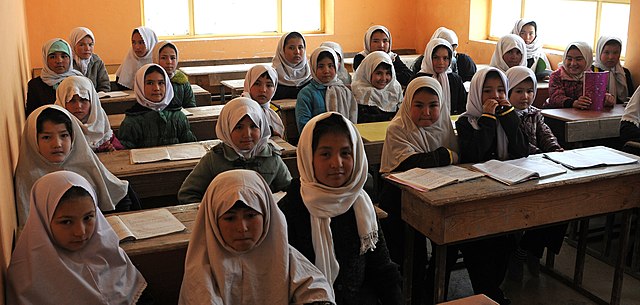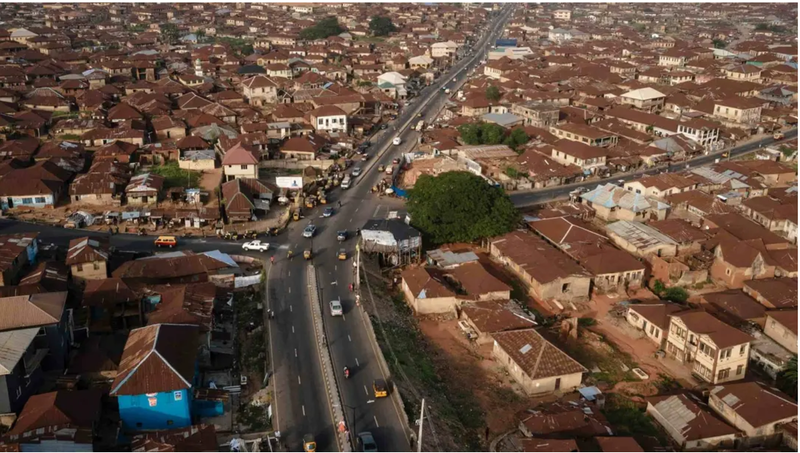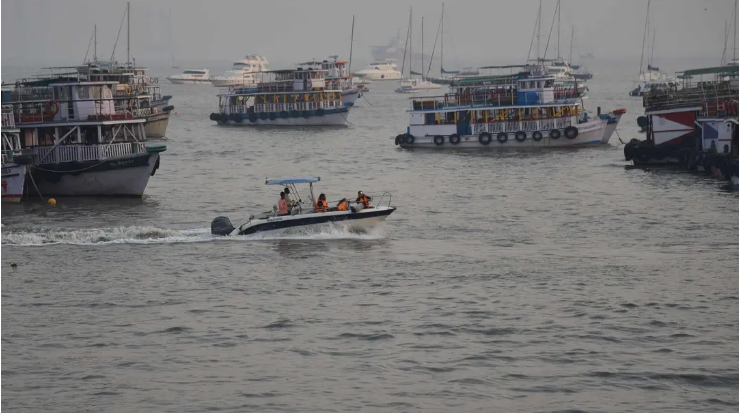Afghanistan: Girl's Education Activist Released by Taliban
After nearly seven months in prison, Afghanistan girl's education activist Matiullah Wesa has been freed by the Taliban....

Facts
- After nearly seven months in prison, Afghanistan girl's education activist Matiullah Wesa has been freed by the Taliban.1
- A spokesperson for the Taliban confirmed Wesa's release. The Taliban had not previously officially confirmed Wesa's detention or given a reason. His education organization Pen Path and the UN Mission in Afghanistan confirmed his detention in March of this year, prompting outrage from foreign diplomats and human rights organizations.2
- Wesa has campaigned for girls' inclusion in education for over a decade — a mission that he pledged to continue, even after the Taliban took control of the country in 2021 and enforced harsh restrictions on girls and women. Pen Path has been dedicated to visiting rural villages to discuss the importance of education, establishing libraries, and reopening schools in the communities closed due to violence.3
- Afghanistan is the only country in the world with female education restrictions. Since the Taliban took over the country in August 2021, girls have been banned from attending school after sixth grade, and since December 2022, women have been banned from attending university.4
- Wesa's brother Attaullah Wesa was notified of his release on Thursday, and told journalists that his brother was 'on his way back home.'5
- Wesa was arrested in March and detained for 215 days for 'propaganda against the government.' Human rights and diplomatic organizations across the world have celebrated his release, but have also called on the Taliban to release the hundreds of other activists currently what they characterize as being 'arbitrarily' detained in Afghanistan.3
Sources: 1Associated Press, 2Reuters, 3Al Jazeera, 4NPR Online News and 5France 24.
Narratives
- Pro-establishment narrative, as provided by United States Institute of Peace. The Taliban has increasingly restricted the rights of women and girls in Afghanistan, banning them from higher education, public places, and most forms of employment. These restrictions will have devastating long-term impacts on the country's future. The education ban has also worsened the country's international standing, further isolating the nation from the international community at a time when Kabul faces huge economic and humanitarian crises. Wesa is right — there is no way for a country to thrive when half of its population is systematically excluded from participating.
- Establishment-critical narrative, as provided by India Today. While the foreign press has taken the story of the Taliban's ban on girl's education and ran with it, the plan has always been a temporary suspension, not a full-out ban. The Taliban's administration is taking steps to resolve this issue and will continue to make efforts to do so, but in the meantime, girls up to sixth grade are still receiving primary school education, and women continue to teach and attend Islamic seminaries, work in the healthcare sector, and teach in some schools. Education in Afghanistan is not as bad as Western-dominated international organizations make it out to be.






